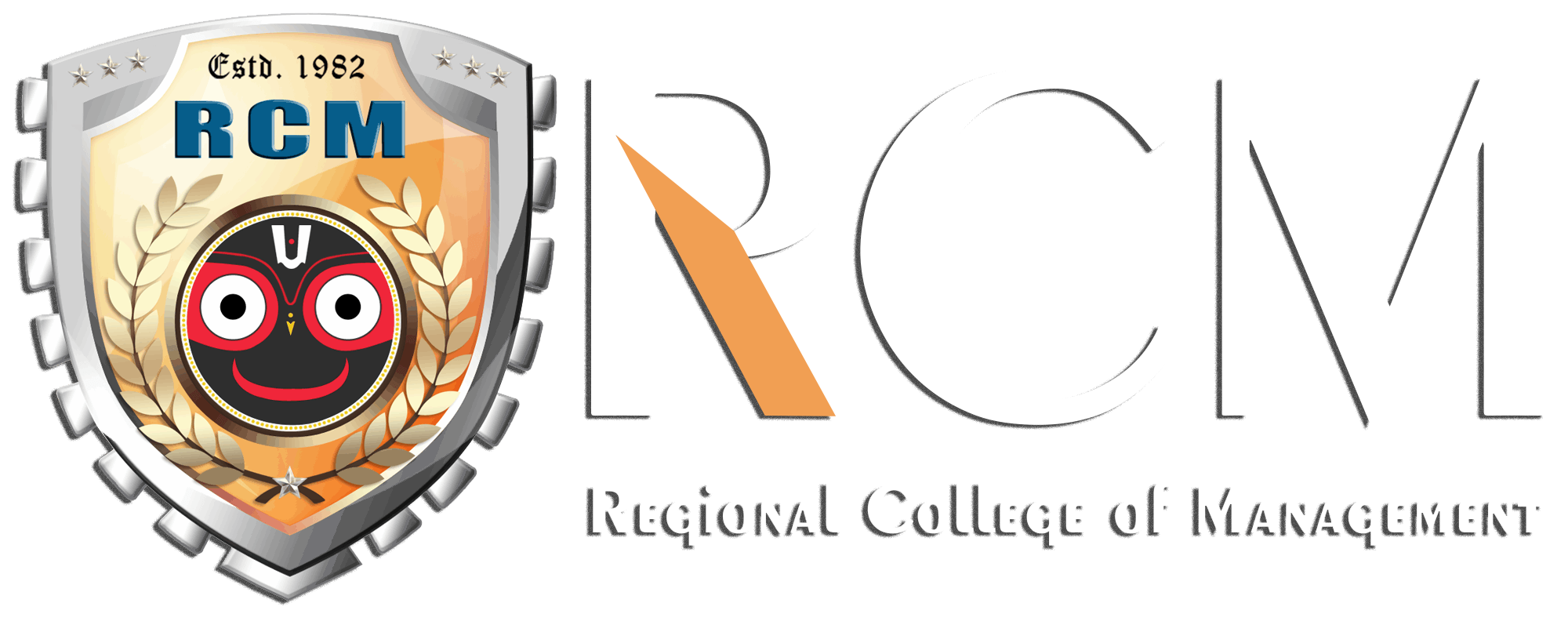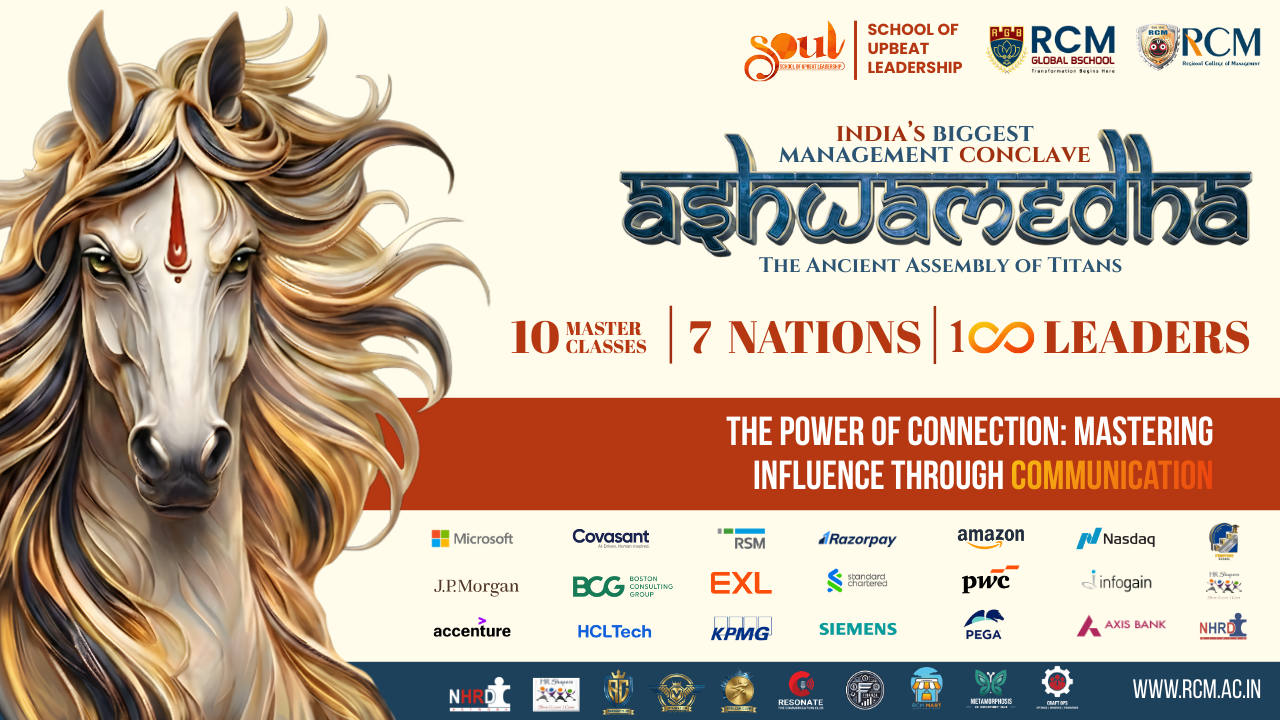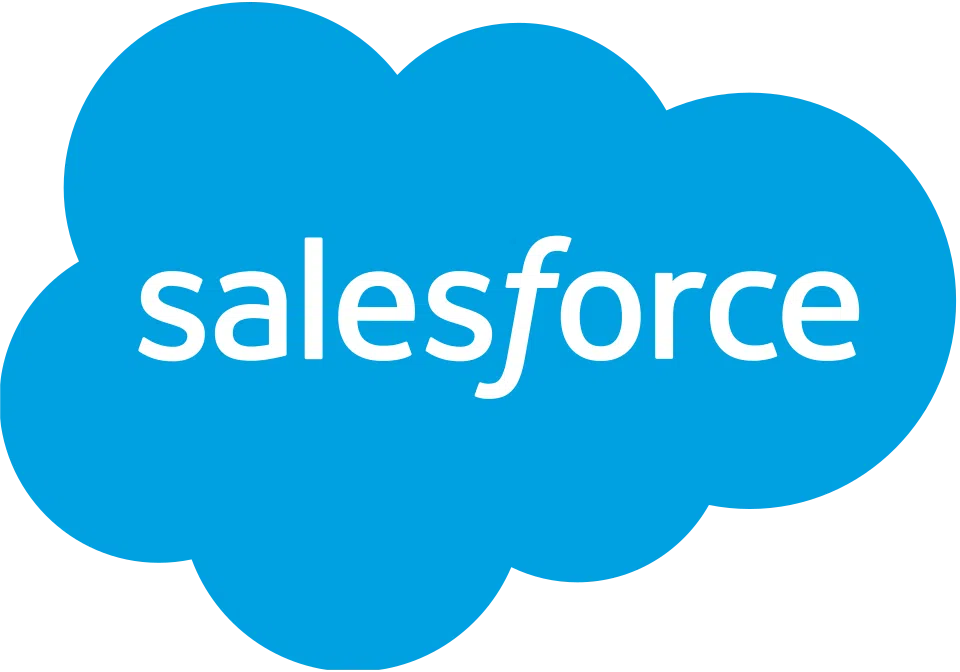In today’s digitally pushed global, influencer marketing strategies have emerged as a powerful tool to connect corporations with their target audience. The schooling area, traditionally more conservative, is now embracing influencer marketing to create meaningful engagement and force enterprise boom. Influencer marketing trends are reshaping how educational establishments, EdTech startups, and other organizations in the education sector attain their target audience, making it an essential aspect of modern digital marketing for education.
Why Influencer Marketing is Trending in the Education Sector Business Growth
With the rise of social media, students, parents, and educators are turning to platforms like Instagram, YouTube, and TikTok for records and hints. Educational influencers, who maintain sizable sway over their target audience, have turned out to be key gamers on this landscape. They function as genuine voices, bridging the distance between education carriers and capable newcomers. Influencer marketing strategies are now more applicable than ever in this context. As digital content material intake skyrockets, the potential to attain niche audiences through influencer marketing campaigns will become even greater.
The Impact of Influencers in Education Business Growth
1. Building Trust and Credibility and Growth
One of the most significant ways influencer marketing drives business increases inside the education sectors by building belief and credibility. Influencers provide actual evaluations and insights, which assist education manufacturers to establish agreements among their target market. For example, an Instagram influencer sharing their nice revel in with an online direction or a college can significantly enhance enrollments. Their sincere endorsement acts as powerful advice, making it easier for education carriers to build credibility with potential students.
2. Reaching Niche Audiences
Influencer marketing and marketing is not just about reaching the masses; it is also about targeting precise groups of potential students. Educational influencers regularly concentrate on niches like STEM, arts, language learning, or test preparation. By operating with the right influencers, education companies can connect to specific segments of newcomers correctly. Micro-influencers or nano-influencers, with their smaller however exceptionally engaged followings, are specifically adept at focused on these niche markets. Their influencer content strategy material approach is regularly more customized, supporting education vendors catering to the unique needs of their target audience.
3. Enhancing Brand Visibility Growth
Collaborations with social media influencers increase a brand’s visibility across diverse systems. When a brand partners with influencers on platforms like Instagram, YouTube, or LinkedIn, it reaches a much wider target market than traditional advertising strategies. This brand collaboration boosts the visibility of educational services, whether it’s a new online direction, a look at prep application, or a degree application. With the proper influencer endorsements, education brands can growth their presence and visibility, in the end driving extra traffic and potential leads.
4. Driving Engagement
Influencers are professionals at creating interactive and engaging content, which resonates with their fans. This type of content material can include tutorials, Q&A classes, live streams, and different interactive formats that engage customers on a deeper level. For instance, an Instagram influencer might host a live Q&A about the benefits of a selected education program, answering questions in actual time, which enhances target audience interaction and interest. These influencer campaigns are no longer most effective in promoting engagement, however, additionally create more meaningful connections with potential students.
5. Boosting Conversions
One of the most massive benefits of influencer marketing is its capability to power conversions. When influencers recommend a service or product, their target audience is much more likely to behave towards it. This has been specifically obvious in the schooling quarter, in which influencer partnerships can cause better enrollments and improved sales for EdTech tool. Influencer endorsements carry a lot of weight because they sense more private and sincere than traditional advertising and marketing, which can improve influencer ROI.
How to Collaborate Effectively with Influencers
1. Identify Relevant Influencers
The first step in any influencer marketing strategy is to pick out the right influencers. Choose influencers whose content material aligns along with your brand’s values and goals. Whether you are targeting a huge audience or a gap institution, selecting the proper social media influencers is fundamental to making sure your marketing campaign’s success.
2. Set Clear Objectives
Before launching an influencer marketing campaign, define clean objectives. Do you need to raise brand awareness, generate leads, or drive sales? Setting clear desires will guide your collaboration and assist measure the fulfillment of your campaigns, making sure that you see a great influencer ROI.
3. Create Authentic Campaigns
Authenticity is critical in influencer marketing. Collaborate with influencers to expand content material that feels genuine and relatable. Whether it’s through storytelling, product critiques, or highlighting the advantages of a service, growing proper campaigns will resonate better with the audience. Authenticity in influencer marketing for brands is much more likely to drive engagement and construct long-term acceptance.
4. Measure Performance
Use analytics to track the overall performance of your influencer marketing campaigns. This data will help you understand which influencer content strategies are most effective and adjust your approach if needed. Measuring success is important to making data-driven decisions and improving future collaborations. Real–Life Examples
EdTech Startups
Many EdTech businesses have successfully partnered with YouTube influencers to highlight their platforms. These collaborations result in increased subscriptions and higher user engagement. By tapping into the audience of social media influencers who concentrate on schooling-associated content, those startups can obtain greater visibility and reach ability customers in a way traditional marketing cannot.
Higher Education Institutions
Universities have turned more to student influencers to highlight campus life, academic programs, and student stories. Influencer advertising campaigns presenting student influencers help attract potential students who are considering their educational options. These influencer partnerships offer a proper and relatable angle on what it’s wanting to be part of a selected university.
Influencer marketing is transforming the education sector, bridging the gap between institutions and their target audiences. By leveraging authentic voices, influencers build trust, boost visibility, and drive meaningful engagement for educational brands. From niche-focused content to interactive campaigns, influencers offer unique opportunities to connect with potential students in a relatable way. With clear goals and data-driven strategies, education providers can optimize influencer partnerships for maximum impact. As digital content consumption grows, embracing influencer marketing is essential for sustained growth and relevance in the modern education landscape.






















